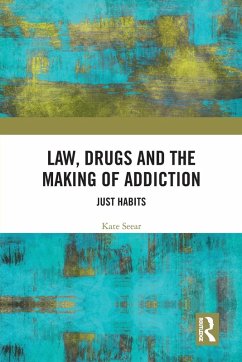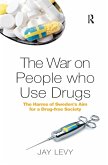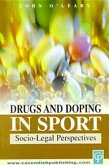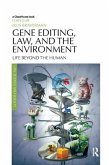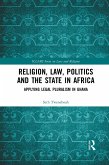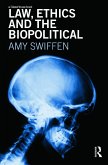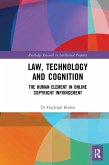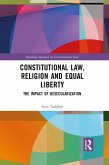This book considers how largely accepted 'legal truths' about drugs and addiction are made and sustained through practices of lawyering. Lawyers play a vital and largely underappreciated role in constituting legal certainties about substances and 'addiction', including links between alcohol and other drugs, and phenomena such as family violence. Such practices exacerbate, sustain and stabilise 'addicted' realities, with a range of implications - many of them seemingly unjust - for people who use alcohol and other drugs. This book explores these issues, drawing upon data collected for a major international study on alcohol and other drugs in the law, including interviews with lawyers, magistrates and judges; analyses of case law; and legislation. Focussing on an array of legal practices, including processes of law-making, human rights deliberations, advocacy and negotiation strategies, and the sentencing of offenders, and buttressed by overarching analyses of the ethics and politics of such practices, the book looks at how alcohol and other drug 'addiction' emerges and is concretised through the everyday work lawyers and decision makers do. Foregrounding 'practices', the book also shows that law is more fragile than we might assume. It concludes by presenting a blueprint for how lawyers can rethink their advocacy practices in light of this fragility and the opportunities it presents for remaking law and the subjects and objects shaped by it. This ground-breaking book will be of interest not only to those studying and working within the field of alcohol and drug addiction but also to lawyers and judges practising in this area and to scholars in a range of disciplines, including law, science and technology studies, sociology, gender studies and cultural studies
Hinweis: Dieser Artikel kann nur an eine deutsche Lieferadresse ausgeliefert werden.
Hinweis: Dieser Artikel kann nur an eine deutsche Lieferadresse ausgeliefert werden.

